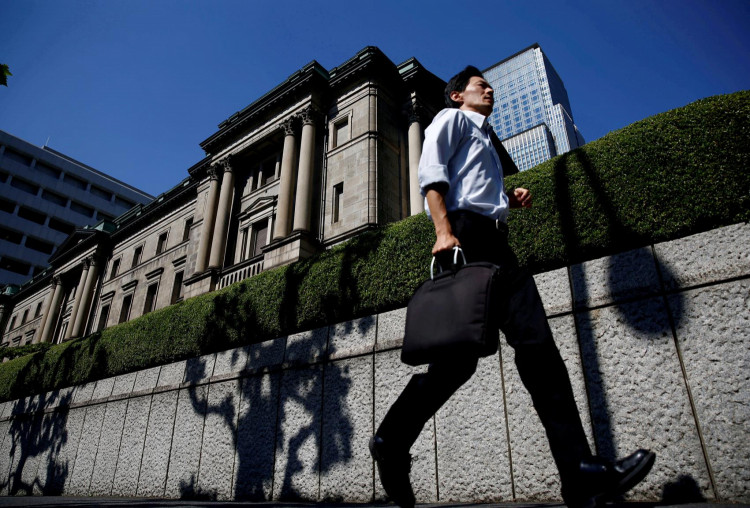The Bank of Japan (BoJ), the country's central bank, will make available a multi-billion dollar financial package to assist small and medium-sized firms to cope with the business pain inflicted by the ongoing Covid-19 outbreak.
It might make this move as early as this month to ensure companies hit by the Covid-19 outbreak don't suffer too much from heavy financial burdens before the end of the current fiscal year in March. To attain this end, BoJ is considering the idea of using existing loan programs, or launching a new one, that offers financial institutions incentives to lend to small and mid-size firms hurt by the business slowdown triggered by the outbreak. BoJ can't lend directly to business firms but can channel funds to them through financial institutions.
It also has several loan programs aimed at encouraging banks and other financial institutions to boost lending to sectors with growth potential and firms hit by natural disasters.
"One of the things central banks can do in a situation like this is to ensure there is ample liquidity, and help the money reach companies that are in need," said a source with knowledge of the BoJ plans.
The BoJ programs will complement fiscal and financial incentives set into motion by the government of prime minister Abe Shinzo. The Abe government has crafted a first assistance package that sets aside a $4.68 billion credit line for regional and small companies hit by the slump in inbound tourism. A second package is currently being developed. Analysts agree the BoJ will develop its own measures to ease the economic pain inflicted by Covid-19.
Mounting fears of an economic recession this year is adding pressure on the BoJ to shore-up the sagging Japanese economy. Some ranking BoJ officials, however, question, if this massive financial support is even necessary given borrowing costs, are already low due to years of ultra-loose monetary policy and the rising cost of prolonged easing. Many firms are awash in cash, financial institutions have struggled to find borrowers.
Using a policy called yield curve control, the BoJ guides short-term interest rates at -0.1% and 10-year government bond yields at about 0%. It also buys government bonds and risky assets as part of efforts to reflate growth and hit its 2% price goal.
On Monday, BoJ governor Haruhiko Kuroda looked at growing market instability and said there were "growing uncertainties about the outlook for economic activity due to the spread of the novel coronavirus."
"The Bank of Japan will closely monitor future developments, and will strive to provide ample liquidity and ensure stability in financial markets through appropriate market operations and asset purchases," he said.






